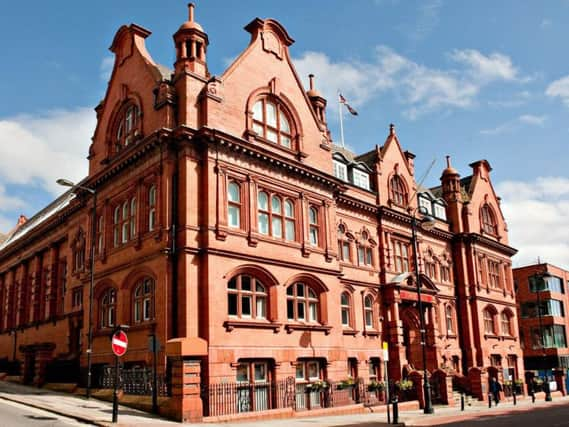Wigan Council criticised over lack of maternity leave for councillors


Gender equality charity the Fawcett Society said equal representation in councils is vital, as decisions made by local government have a disproportionate impact on women’s lives.
Advertisement
Hide AdAdvertisement
Hide AdA council spokesman said: “We’re committed to gender equality and ensuring our staff and councillors are treated fairly. We do offer a childcare allowance for all councillors which supports them to carry out their duties. We’ve also recently launched a new women’s voice group, with representation from influential local women including councillors, which will look at topical issues and how we can work better together to end gender inequality.
“We currently have the best gender equality workforce in Greater Manchester and we want to continue to build on this.”
A 2017 report carried out by the charity with the Local Government Information Unit think tank called for the introduction of maternity rights at all councils, to make them more accessible for women.
But new research by the Fawcett Society has found that Wigan Council is one of almost 250 local authorities that has yet to introduce any.
Advertisement
Hide AdAdvertisement
Hide AdCouncil rules for England state that if a councillor fails to attend meetings for six months, they can be sacked from the council. This means that if female councillors take the 12 months’ maternity leave they would be entitled to in other jobs, they could lose their position.
The Fawcett Society says this is partly to blame for the lack of diversity in councils, with 94 per cent of them still dominated by men.
Women were elected to 12 of the 25 council seats up for grabs on Wigan Council during the 2019 local elections.
This brought female representation on the council to 35 per cent –an improvement on 2018, when women made up only 29 per cent of representatives, and above the national average.Only a third of the positions were up for election this year.
Advertisement
Hide AdAdvertisement
Hide AdAcross the country, female representation increased by less than one percentage point following May’s elections, to 34 per cent.
Sam Smethers, chief executive of the Fawcett Society, said there was “no excuse” for inaction, adding: “Women’s representation in local government is at a standstill.
“This is fundamentally unacceptable and all parties must take action to change it.
“Local government has a disproportionate impact on women’s lives so it particularly needs to have women’s voices heard.”
Advertisement
Hide AdAdvertisement
Hide AdThe Fawcett Society sent Freedom of Information requests to 354 local authorities earlier this year.
Of the 266 that responded, only 19 (seven per cent) had a maternity policy in place for all their councillors, while 20 had policies for councillors who received a special responsibility allowance – those in senior cabinet positions.
Wigan Council does not have a formal policy in place for either group.
The Local Government Association, which represents councils in England, said it had introduced a toolkit for councils to help them develop policies to encourage women to stand.
Advertisement
Hide AdAdvertisement
Hide AdMarianne Overton, vice chair of the LGA, said: “It is vital that the make-up of councils reflects their communities and their experience. The latest figures show that there is still more to be done to reduce the gap between women and men elected to local government.
“The LGA is constantly working with councils to improve diversity and inclusion and we launched our toolkit in March 2019 to address the needs of those who have other important commitments and responsibilities, such as caring for children and looking after elderly relatives.”